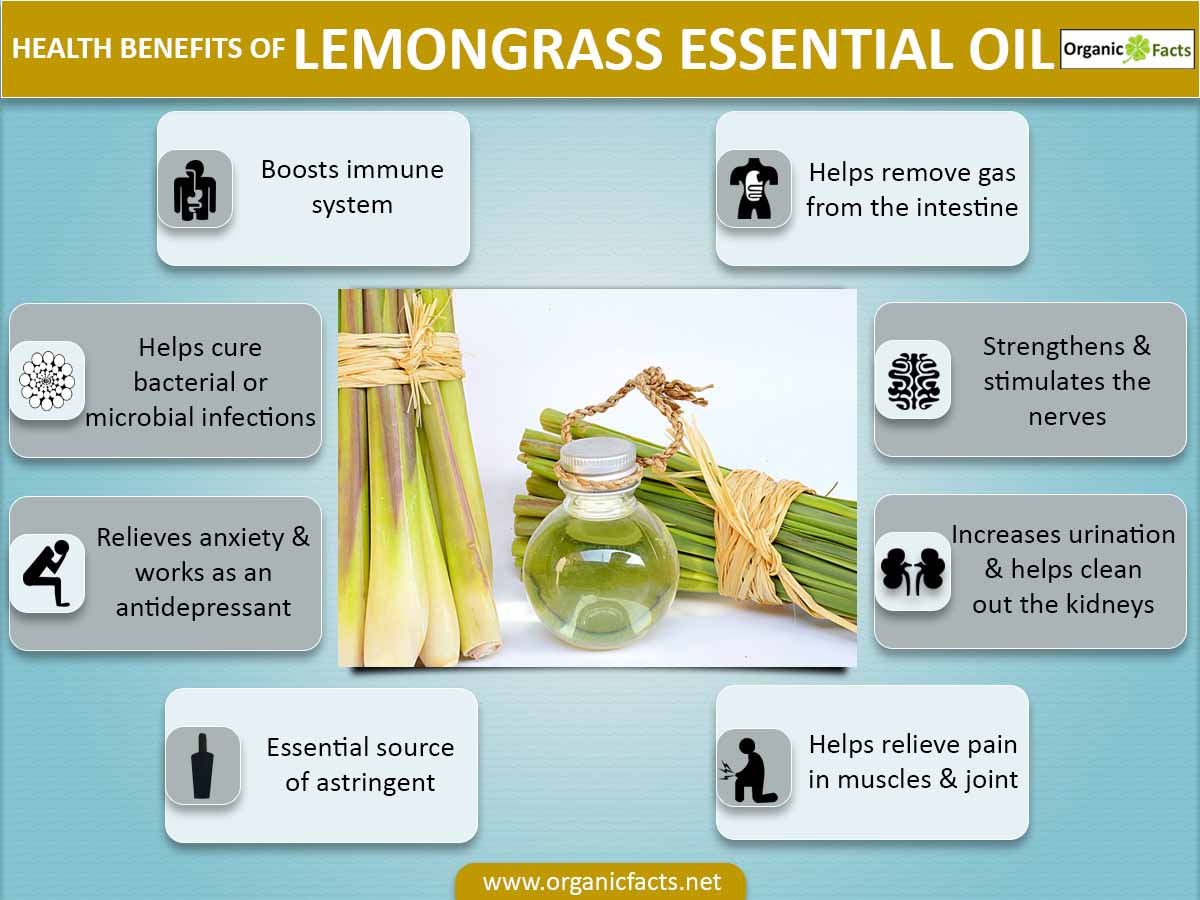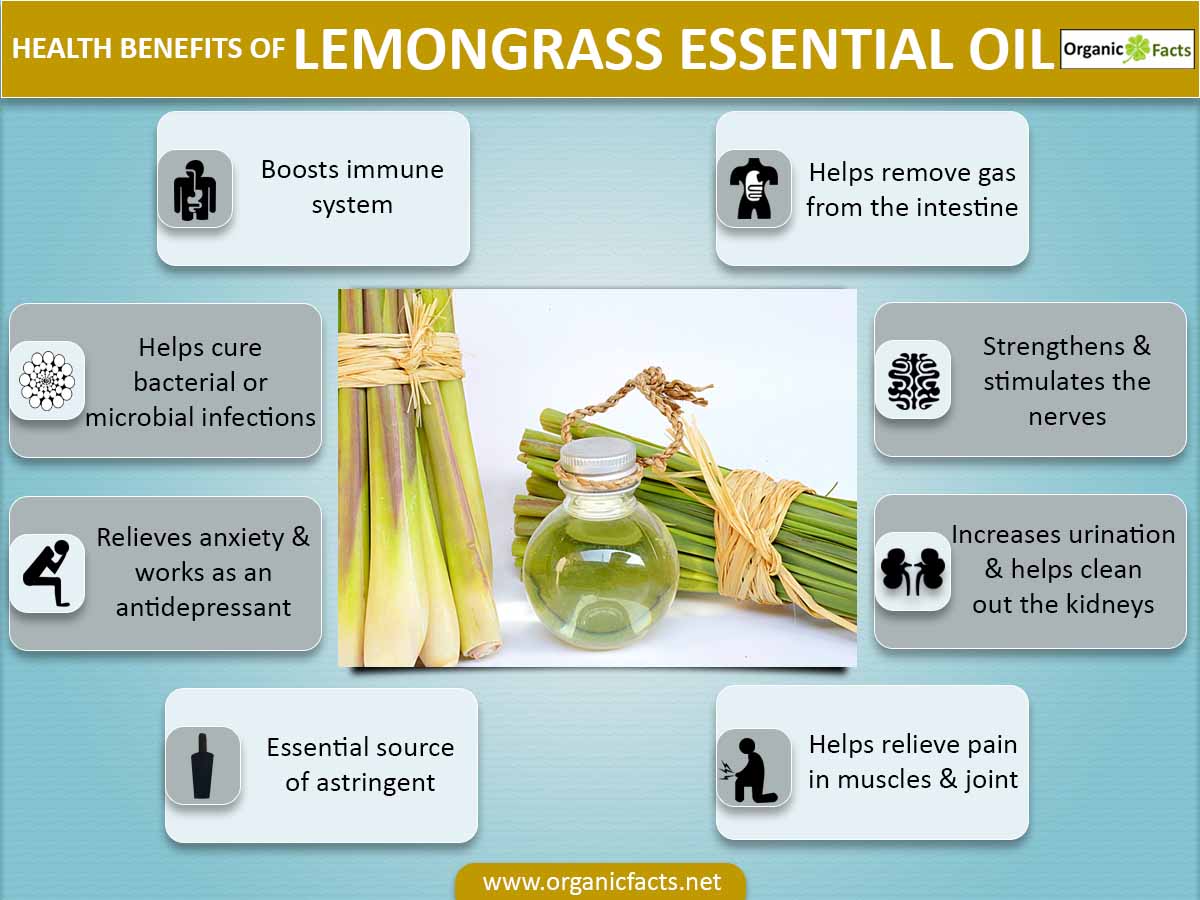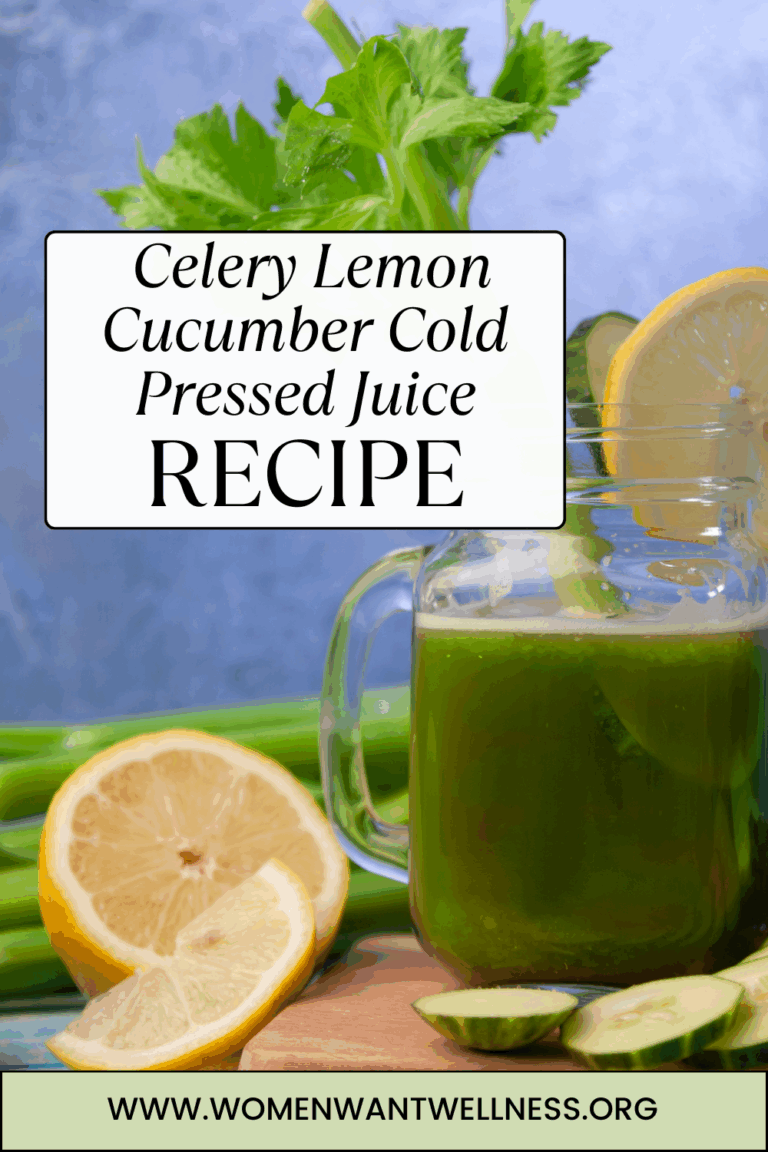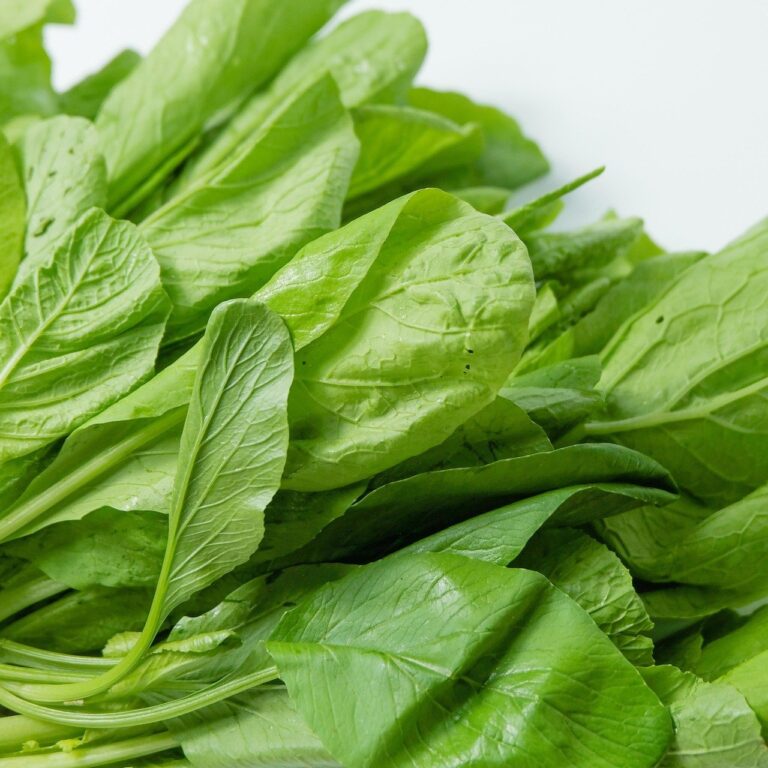Beyond Mosquitoes: The Unexpected Health Odyssey of Lemongrass Oil
The buzzing symphony of a summer evening, the tell-tale itch of a mosquito bite, and the instant, aromatic relief offered by a spritz of lemongrass oil – for many, this is the sum total of their acquaintance with Cymbopogon citratus, the vibrant grass that lends its distinctive lemony-grassy fragrance to our lives. It stands as a steadfast sentinel against unwelcome insects, a humble yet effective guardian of our outdoor moments. But to confine lemongrass oil to the role of a mere insect deterrent is akin to judging an ancient library by its cover alone. This potent botanical essence, far from being a one-trick pony, harbors a constellation of therapeutic properties, a deep wellspring of healing that reaches far beyond the superficial annoyance of a mosquito bite.
Our journey into the unexpected health uses of lemongrass oil is an odyssey, a narrative woven through centuries of traditional wisdom, substantiated by nascent scientific inquiry, and echoing the whispers of nature’s profound complexity. It’s a story of transformation, from a simple garden herb to a sophisticated pharmacopoeia of beneficial compounds, inviting a knowledgeable audience to look past the obvious and embrace the truly extraordinary.
The Botanical Marvel: Cymbopogon citratus – A Portrait in Green
Before we delve into its intricate health benefits, it’s essential to understand the essence of lemongrass itself. Cymbopogon citratus, commonly known as West Indian lemongrass, is a perennial grass native to tropical regions of Asia, particularly India and Sri Lanka. Its long, slender, blade-like leaves, reaching up to a meter in height, possess a distinctive bulbous base, and when bruised or cut, release that characteristic fresh, citrusy, slightly herbaceous aroma. It thrives in warm, humid climates, making it a staple in Southeast Asian cuisines, where its zest and fragrance are indispensable.
The essential oil, the concentrated heart of the plant’s therapeutic power, is typically extracted through steam distillation of the freshly cut and partially dried leaves. This meticulous process yields a pale yellow to brownish-yellow liquid, highly aromatic, and intensely potent. The magic, however, lies not just in the aroma, but in its complex chemical composition.
The primary active constituent, responsible for much of its distinctive scent and a significant portion of its biological activity, is citral. This aldehyde, often a mixture of two isomers, geranial and neral, can comprise anywhere from 65% to 85% of the oil. Beyond citral, lemongrass oil is a rich tapestry of other beneficial compounds, including:
- Myrcene: A monoterpene also found in hops and cannabis, contributing to its anti-inflammatory and analgesic properties.
- Geraniol: An alcohol with a rose-like scent, known for its antimicrobial and antioxidant activities.
- Limonene: A monoterpene present in citrus peels, offering potential anti-inflammatory and mood-elevating effects.
- Linalool: Another alcohol, also found in lavender, contributing to its calming properties.
- Esters (e.g., geranyl acetate): These contribute to the oil’s sweet, fruity notes and may possess soothing effects.
This intricate synergy of molecules, rather than any single compound, orchestrates the broad spectrum of lemongrass oil’s therapeutic potential, transforming it from a simple fragrant grass into a formidable botanical ally.
An Aromatic Veil: A History Steeped in Tradition
The story of lemongrass oil’s health applications begins not in modern laboratories, but in the annals of ancient folk medicine and traditional healing systems. Long before the advent of gas chromatography or controlled clinical trials, indigenous cultures across the globe recognized and revered Cymbopogon citratus for its multifaceted healing capabilities.
In Ayurveda, the ancient Indian system of medicine, lemongrass has been used for millennia to alleviate fevers, improve digestion, and combat various infections. It was considered a stimulant, a carminative (aiding in the expulsion of gas), and a diaphoretic (promoting sweating to break fevers). Its refreshing aroma was also utilized to uplift spirits and clear the mind.
Traditional Chinese Medicine (TCM) embraced lemongrass for its ability to dispel wind-dampness, reduce pain, and treat headaches, stomachaches, and rheumatic conditions. It was often incorporated into herbal formulations to invigorate circulation and warm the body.
Across Southeast Asia, from Thailand to Vietnam, lemongrass was not merely a culinary staple, infusing curries, soups, and teas with its vibrant flavor, but also a foundational element in their traditional pharmacopeias. Poultices were made from its leaves to soothe sprains and muscle aches, while decoctions were consumed to treat colds, flu, and digestive upsets. In Brazilian folk medicine, it was known as "capim-cidreira" and widely used as a sedative, anxiolytic, and gastrointestinal aid.
These historical and cultural threads reveal a consistent pattern: diverse civilizations, often geographically isolated, independently discovered and utilized lemongrass for a remarkably similar range of health concerns. This collective wisdom, passed down through generations, serves as a powerful testament to the plant’s inherent therapeutic efficacy, laying the groundwork for its modern scientific exploration.
Beyond the Bite: Unveiling the Unexpected Health Uses
Now, we journey into the heart of our narrative – the surprising and profound ways lemongrass oil contributes to human well-being, transcending its familiar role as a pest repellent.
A. The Anti-Inflammatory & Analgesic Powerhouse: Soothing the Body’s Fire
Inflammation, the body’s protective response to injury or infection, can become a chronic, debilitating force when unregulated. Conditions like arthritis, muscle soreness, and even headaches are often rooted in inflammatory processes. Here, lemongrass oil emerges as a significant player, thanks primarily to its rich concentration of citral and myrcene.
Myrcene, a monoterpene, has been extensively studied for its potent anti-inflammatory effects. It is believed to modulate the body’s inflammatory pathways by inhibiting the production of pro-inflammatory mediators such as prostaglandins and nitric oxide, which are key contributors to pain and swelling. Citral, while primarily known for its aroma, also exhibits significant anti-inflammatory activity, working synergistically with myrcene to quell systemic and localized inflammation.
For individuals grappling with chronic pain conditions like osteoarthritis or rheumatoid arthritis, topical application of diluted lemongrass oil can offer considerable relief. Massaged into affected joints, its compounds penetrate the skin, reaching underlying tissues to reduce swelling and alleviate discomfort. Athletes, too, can benefit from its analgesic properties; post-workout muscle soreness, often a result of micro-traumas and localized inflammation, responds favorably to a massage with lemongrass-infused carrier oil. The oil’s ability to relax smooth muscles further contributes to its pain-relieving effects, making it a valuable adjunct for tension headaches when diffused or applied to the temples (diluted, of course). This capacity to soothe the body’s internal fires positions lemongrass oil as a natural alternative or complementary therapy for managing a spectrum of inflammatory and pain-related conditions.
B. A Symphony for Digestion: Harmonizing Gut Health and Beyond
The gut is often referred to as the "second brain," a complex ecosystem profoundly influencing overall health. Lemongrass oil has long been revered in traditional medicine for its profound impact on digestive well-being, and modern research is beginning to unravel the mechanisms behind this ancient wisdom.
One of its most notable digestive benefits is its antispasmodic action. The compounds in lemongrass oil, particularly citral, can help relax the smooth muscles of the gastrointestinal tract. This relaxation alleviates painful spasms associated with indigestion, bloating, cramps, and even symptoms of irritable bowel syndrome (IBS). For those suffering from uncomfortable gas and bloating, its carminative properties aid in the expulsion of trapped gases, providing rapid relief.
Beyond symptom management, lemongrass oil also acts as a potent antimicrobial agent within the gut. It can help combat an overgrowth of harmful bacteria, fungi, and even some parasites that disrupt the delicate balance of the gut microbiome. Studies have shown its efficacy against common gut pathogens like Escherichia coli and Salmonella, as well as the yeast Candida albicans, which can cause systemic issues when overgrown. By restoring a healthier microbial balance, lemongrass oil indirectly supports nutrient absorption and strengthens the gut lining.
Furthermore, lemongrass oil possesses diuretic properties, encouraging the kidneys to excrete excess water and toxins, which can indirectly support digestive health by reducing fluid retention and aiding the body’s natural detoxification processes. It’s a holistic approach to gut health, addressing not just symptoms but also underlying microbial imbalances and systemic detoxification needs.
C. The Mind’s Embrace: Mood, Stress, and Cognitive Well-being
The aromatic journey of lemongrass oil extends deeply into the realms of mental and emotional health. Its invigorating yet simultaneously calming aroma has a unique ability to influence the limbic system, the part of the brain responsible for emotions, memory, and motivation.
In aromatherapy, lemongrass oil is cherished for its anxiolytic (anxiety-reducing) and antidepressant-like effects. Diffusing the oil can create an atmosphere of tranquility and upliftment, helping to mitigate feelings of stress, nervousness, and fatigue. The fresh, clean scent is believed to clear mental fog, promoting a sense of clarity and focus without the stimulating effects of more traditional "alerting" essential oils. For individuals experiencing burnout or mental exhaustion, a moment spent inhaling the aroma of lemongrass oil can offer a refreshing mental reset.
Its ability to both calm and invigorate is a delicate balance. It doesn’t sedate in the way lavender might, but rather soothes agitation while simultaneously sharpening the senses and promoting mental alertness. This makes it particularly useful for enhancing concentration during study or work, or for finding a centered calm amidst a busy day. Some research suggests that specific terpenes within lemongrass oil may interact with neurotransmitter systems, further contributing to its mood-modulating capabilities. While not a substitute for professional mental health care, integrating lemongrass oil into daily routines through diffusion or topical application (diluted, on pulse points) can be a gentle, supportive strategy for managing everyday stress and enhancing overall emotional resilience.
D. The Unseen Shield: Antimicrobial and Antifungal Prowess (Beyond Skin Deep)
While its ability to repel mosquitoes hints at its power against certain organisms, the antimicrobial and antifungal capabilities of lemongrass oil extend far beyond surface insects, making it a formidable ally against a broad spectrum of pathogens. Its effectiveness stems primarily from its high citral content, which acts as a potent disruptor of microbial cell membranes and inhibits enzyme activity vital for pathogen survival.
Studies have demonstrated its significant efficacy against various strains of bacteria, including antibiotic-resistant ones like Methicillin-resistant Staphylococcus aureus (MRSA), as well as common culprits like Staphylococcus aureus (responsible for skin infections), Escherichia coli (a common cause of food poisoning and UTIs), and Pseudomonas aeruginosa. This broad-spectrum antibacterial action makes it a valuable addition to natural cleaning formulations and as a topical treatment for minor cuts, scrapes, and skin infections (always diluted).
Furthermore, lemongrass oil exhibits powerful antifungal properties. It has been shown to be effective against several types of fungi, most notably Candida albicans, the yeast responsible for thrush, yeast infections, and certain skin conditions. It can also combat dermatophytes, the fungi that cause athlete’s foot and ringworm. Its antifungal prowess makes it a compelling ingredient in natural remedies for various fungal skin conditions and even for supporting internal antifungal efforts.
This robust antimicrobial and antifungal profile means lemongrass oil isn’t just protecting us from external bites; it’s capable of offering a deeper, systemic layer of protection, supporting the body’s defenses against a wide array of microbial threats, both on the skin and potentially within the body (with extreme caution and professional guidance for internal use).
E. Cellular Guardians: Antioxidant and Potential Anti-Cancer Properties
Our cells are constantly under assault from free radicals, unstable molecules generated by metabolism and environmental factors like pollution and UV radiation. This phenomenon, known as oxidative stress, contributes to aging, chronic diseases, and cellular damage, including DNA damage that can lead to cancer. Lemongrass oil emerges as a powerful cellular guardian due to its significant antioxidant capacity.
The oil contains various antioxidant compounds, including flavonoids, phenolic acids, and the indirect antioxidant activity of citral itself, which can scavenge free radicals and protect cells from oxidative damage. By neutralizing these harmful molecules, lemongrass oil helps preserve cellular integrity, supports healthy cell function, and contributes to overall anti-aging efforts at a cellular level.
Perhaps one of the most unexpected and exciting areas of research involves lemongrass oil’s potential anti-cancer properties. Numerous in vitro (test tube) and in vivo (animal) studies have explored its effects on various cancer cell lines, including breast, liver, colon, prostate, and leukemia cells. These preliminary studies suggest that citral, the main component of lemongrass oil, can induce apoptosis (programmed cell death) in cancer cells while leaving healthy cells unharmed. It appears to achieve this by disrupting mitochondrial function within cancer cells and interfering with cell cycle progression.
It is crucial to emphasize that this research is still in its early stages and lemongrass oil is not a cure for cancer. However, the findings are highly promising and warrant further rigorous human clinical trials. The ability of a natural compound to selectively target and eliminate cancer cells, or to work synergistically with conventional treatments, opens up exciting avenues for future therapeutic development. For a knowledgeable audience, understanding this nascent research highlights the profound, untapped potential lying within this unassuming grass.
F. Cardiovascular Support and Metabolic Balance
Beyond its more widely recognized benefits, lemongrass oil may also play a supportive role in cardiovascular health and metabolic regulation, areas where traditional wisdom has often preceded modern scientific validation.
Traditionally, lemongrass tea has been consumed in some cultures to help manage blood pressure. While direct evidence for essential oil’s effect on blood pressure is still emerging, some mechanisms suggest a potential benefit. Its anxiolytic properties can indirectly contribute to blood pressure regulation by reducing stress and anxiety, which are known contributors to hypertension. Furthermore, certain compounds may exert mild vasodilatory effects, helping to relax blood vessels and improve circulation.
In the realm of metabolic health, preliminary studies have explored lemongrass oil’s potential to influence cholesterol levels and blood sugar regulation. Some animal studies have suggested that components in lemongrass can help reduce levels of LDL ("bad") cholesterol and triglycerides, while potentially increasing HDL ("good") cholesterol. Regarding blood sugar, research is less definitive but intriguing, with some indications that it may aid in glucose metabolism, possibly through its antioxidant and anti-inflammatory effects that protect pancreatic cells.
Its diuretic properties also contribute to fluid balance, helping to reduce water retention and potentially alleviating strain on the cardiovascular system. While these areas require extensive human clinical trials to establish definitive efficacy and dosage, the existing preliminary data points towards a broader metabolic impact that extends beyond simple symptomatic relief. This nuanced understanding positions lemongrass oil as a potential adjunctive agent in a holistic approach to cardiovascular and metabolic wellness.
G. Skin Deep and Beyond: Dermatological and Hair Health
The skin, our largest organ, benefits immensely from the therapeutic properties of lemongrass oil, which goes beyond its mosquito-repelling function. Its antimicrobial, anti-inflammatory, and astringent qualities make it a valuable asset in dermatological and hair care routines.
As a potent antiseptic and antibacterial agent, diluted lemongrass oil can be effectively used to cleanse and purify the skin. It helps in managing acne by targeting the bacteria Propionibacterium acnes, which contributes to breakouts. Its astringent properties mean it can help tone the skin, minimize the appearance of pores, and reduce excessive oiliness, making it beneficial for those with oily or combination skin types. For minor cuts, scrapes, and abrasions, it can prevent infection and promote healing.
Beyond facial care, lemongrass oil can be a boon for hair health. Its antifungal properties make it effective in combating dandruff and other scalp conditions caused by yeast overgrowth. When massaged into the scalp (diluted in a carrier oil), it can stimulate blood circulation to the hair follicles, potentially encouraging hair growth and strengthening strands. Its cleansing action also helps remove product buildup and excess oil, leaving the scalp feeling refreshed and revitalized.
The oil’s antioxidant content further protects skin cells from environmental damage, contributing to a healthier, more radiant complexion over time. Whether incorporated into DIY skincare formulations or used as an additive to existing products, lemongrass oil offers a natural, multifaceted approach to achieving healthy skin and lustrous hair.
Navigating the Landscape: Safe and Effective Use
While the benefits of lemongrass oil are profound, it is a potent essential oil and must be used with respect and caution, especially for a knowledgeable audience familiar with the nuances of botanical medicine.
- Dilution is Paramount: Never apply undiluted lemongrass oil directly to the skin. It is highly concentrated and can cause skin irritation or sensitization. Always dilute it in a carrier oil such as jojoba, almond, coconut, or olive oil. A common dilution ratio is 1-2% for topical applications (e.g., 6-12 drops per ounce of carrier oil). For sensitive skin, start with a lower concentration.
- Patch Test: Before widespread use, perform a patch test on a small, inconspicuous area of skin (e.g., inner forearm) to check for any allergic reactions or irritation. Wait 24 hours.
- Internal Use: Extreme Caution: Internal use of essential oils, including lemongrass, is a complex and often debated topic. It should only be undertaken under the direct supervision of a qualified healthcare professional or certified aromatherapist who is experienced in essential oil ingestion. Pure essential oils are highly concentrated and can be toxic if misused. Hydrosols (aromatic waters) of lemongrass are generally safer for internal use but still warrant caution.
- Contraindications:
- Pregnancy and Breastfeeding: Avoid use during pregnancy and while breastfeeding due to insufficient research on safety.
- Young Children: Generally not recommended for infants and young children.
- Sensitive Skin: Individuals with very sensitive skin should use it sparingly and at very low dilutions.
- Medication Interactions: Consult a healthcare provider if you are taking medications, especially those for blood pressure or blood sugar, as lemongrass oil may have synergistic or antagonistic effects.
- Glaucoma: Some sources suggest caution for individuals with glaucoma due to potential pressure-altering effects, though this is not widely established.
- Quality Sourcing: Always purchase 100% pure, therapeutic-grade lemongrass essential oil from reputable suppliers who provide information on distillation methods, origin, and purity testing (e.g., GC/MS reports). Adulterated or synthetic oils will not offer the same therapeutic benefits and may pose health risks.
- Storage: Store essential oils in dark glass bottles, away from direct sunlight and heat, to preserve their potency and extend their shelf life.
The Future Horizon: Research and Integration
The journey of lemongrass oil from a humble mosquito repellent to a recognized therapeutic agent is far from over. The ongoing scientific exploration, particularly in areas like its anti-cancer potential, neuroprotective effects, and metabolic regulation, promises to unveil even more profound applications. Future research will undoubtedly focus on rigorous human clinical trials to establish definitive dosages, efficacy, and safety profiles for various conditions.
As our understanding deepens, lemongrass oil is poised for greater integration into mainstream holistic health practices. It represents a powerful example of nature’s pharmacy, offering a compelling blend of traditional wisdom and modern scientific validation. Its versatility, coupled with its relatively low cost and widespread availability, makes it an accessible tool for enhancing well-being.
Conclusion: A Reimagined Perspective
Our odyssey through the unexpected health uses of lemongrass oil culminates in a reimagined perspective of this extraordinary botanical. It began as a familiar scent, a simple barrier against the nuisance of mosquitoes. Yet, through the lens of history, chemistry, and emerging science, we have uncovered a multifaceted therapeutic powerhouse – an anti-inflammatory balm, a digestive harmonizer, a mood enhancer, a formidable antimicrobial shield, a cellular protector, and a potential ally in cardiovascular and metabolic health.
The story of lemongrass oil is a testament to the intricate wisdom embedded within the natural world. It invites us to pause, to look closer, and to appreciate that even the most commonplace elements of nature often harbor secrets of profound healing. As we continue to explore and understand the complex symphony of its compounds, lemongrass oil stands ready to enrich our lives, offering a holistic pathway to enhanced health and vitality, far, far beyond the humble task of repelling a bite. It is, truly, a botanical marvel waiting to be fully embraced.







